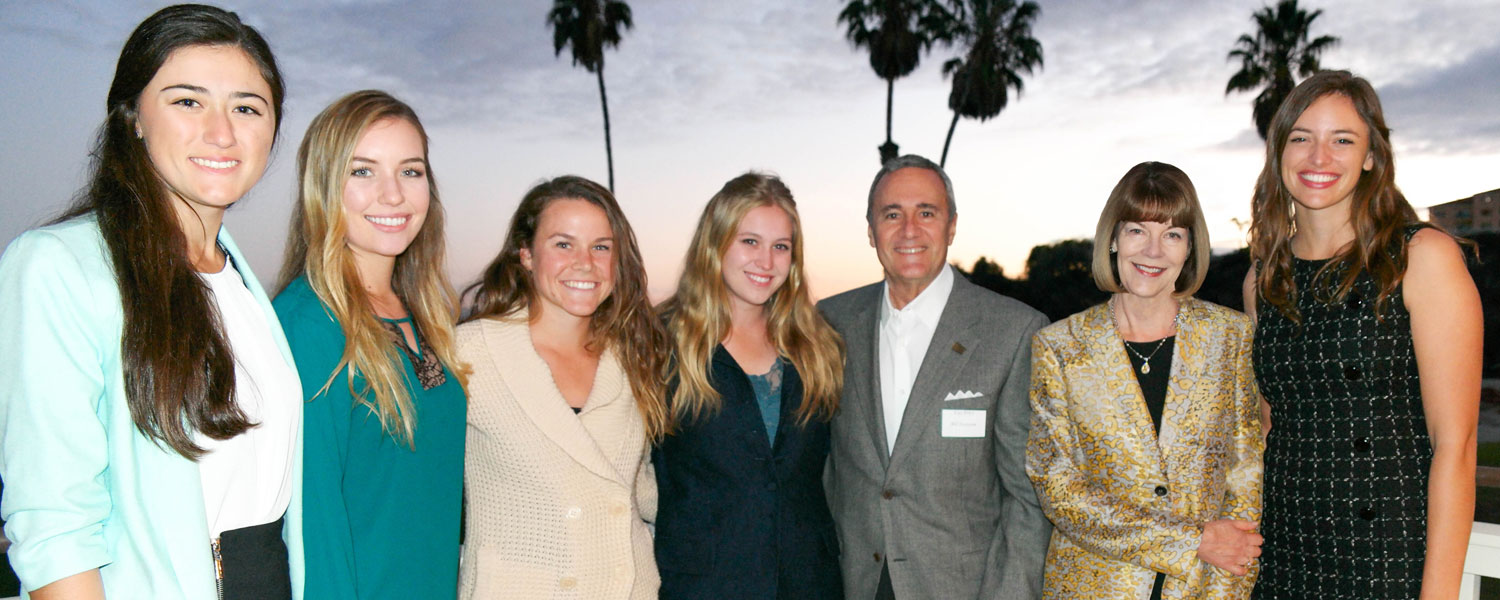cal poly news
Questions & Answers: Benoît Lecat
Interview by AnnMarie Cornejo

Benoît Lecat has had a long love affair with wines. His passion began with one sip of fine wine in a Belgian Michelin star restaurant in the mid-‘90s, propelling him into years of study that resulted in a career in wine and viticulture. Lecat, recently a member of the faculty of the School of Wine and Spirits Business in Dijon, France, became head of Cal Poly’s Wine and Viticulture Department last fall. His jovial personality, coupled with an extensive background in the business and marketing of wine, brings an invaluable perspective to his role leading the largest wine and viticulture program of its kind in the nation.
Cal Poly Magazine: How did you first discover your passion for wine?
Lecat: I began approaching wine around the age of 21. In Belgium, when you are a student, you are more into beers. But in my final years of study, I was invited to a great restaurant, and I found I enjoyed the wine, so I began studying and bought many books and magazines on the subject. I found a love for great Burgundy wines. After that, I spent all of my free time trying to find the best food and the best wine on the market. Each time you discover something new you need to study it. You need to taste and to go to visit the best producers and do the research to understand the market.
Why were you interested in leaving Europe and coming to California?
To experience another adventure and better know a young but growing industry. I’ve already worked in France, Belgium and Switzerland and studied one year in the U.K. I wanted to get another international experience. I do not pretend to know everything about the industry, and I hope I will learn a lot of things here in California.
How does the California wine industry compare to the French wine industry?
In France the traditional model is a small estate where they have little knowledge of business but in-depth practical knowledge of viticulture and wine-making for centuries. Knowledge transfers down the lineage of families — not necessarily by certificates or university programs. It is more of an agricultural model. On the other hand, in the United States, it is an entrepreneurial model. Producers tend to be much bigger and can make much larger productions — which means you can make rather high-quality wines for a good value due to the underlying economies of scales.
You’ve been a wine consultant in Burgundy. What did you learn while doing that and how will you bring those lessons to Cal Poly?
When you become a consultant, you must know the technical steps of production. You must know how to make wine. You must know about viticulture, pests and diseases. When teaching, it is important to give a lot of examples of what occurs outside the classroom.
How will climate change impact the wine industry?
Wine producers in Europe may one day be obligated to irrigate, because it is now forbidden. They may also be forced to change the varietals they grow. In the United States, many viticulturists have already adjusted, growing Spanish tempranillo, for example, because it’s better for a hotter climate. The drought has already done a lot to change the mentality of those who produce wine, and it continues to do so. Wine growers tend to be more sustainable now. In some areas of California, that means dryer farming. However, you will always need water. Without water, the sun and the soil, the vine cannot make wine.
What is one thing about wine that would surprise most people?
What people like, regardless of their social status, is stories. A good sommelier is someone who can tell a story for the wines that they have on the list. A story can be linked to a brand or to any story from the owner. When Brad Pitt created an estate with Angelina Jolie in France, it was a story. People were not so concerned with the taste. They cared about the story.
What are your favorite wines and why?
I like the silkiness and delicateness of pinot noir with the great aromas of fruits and roses.





